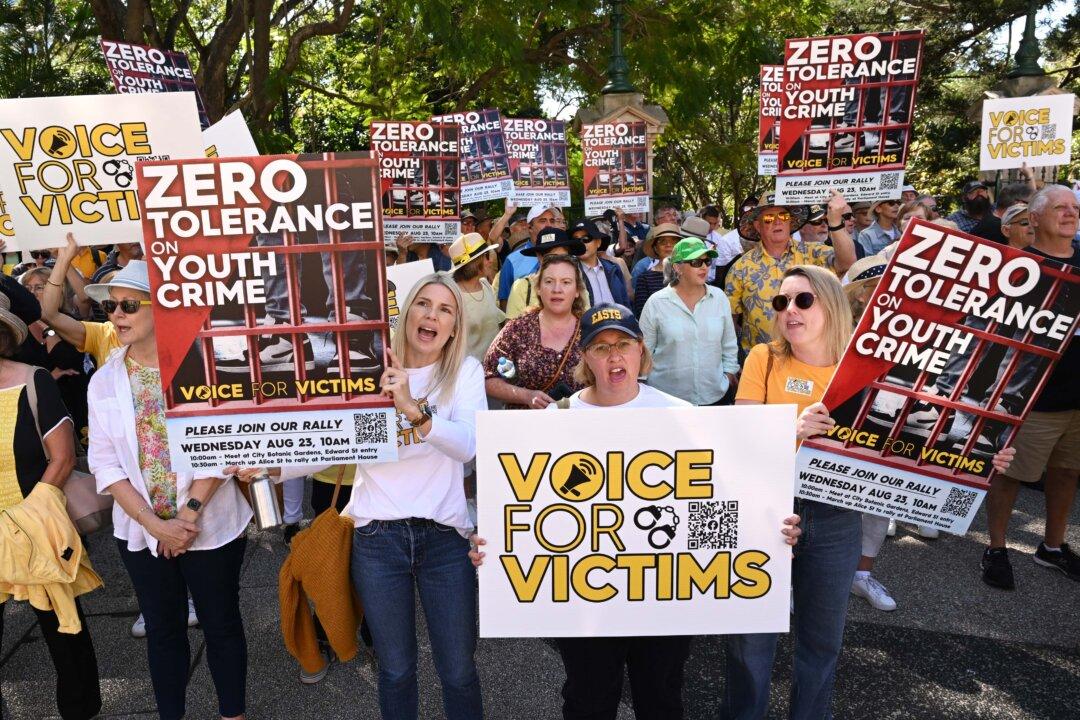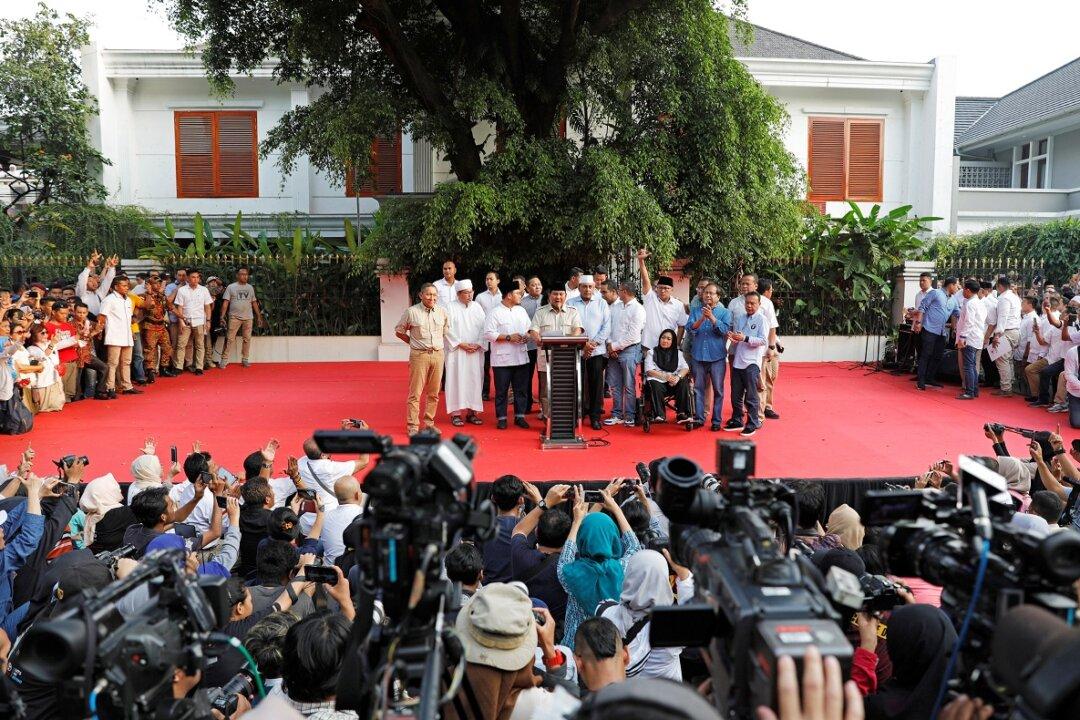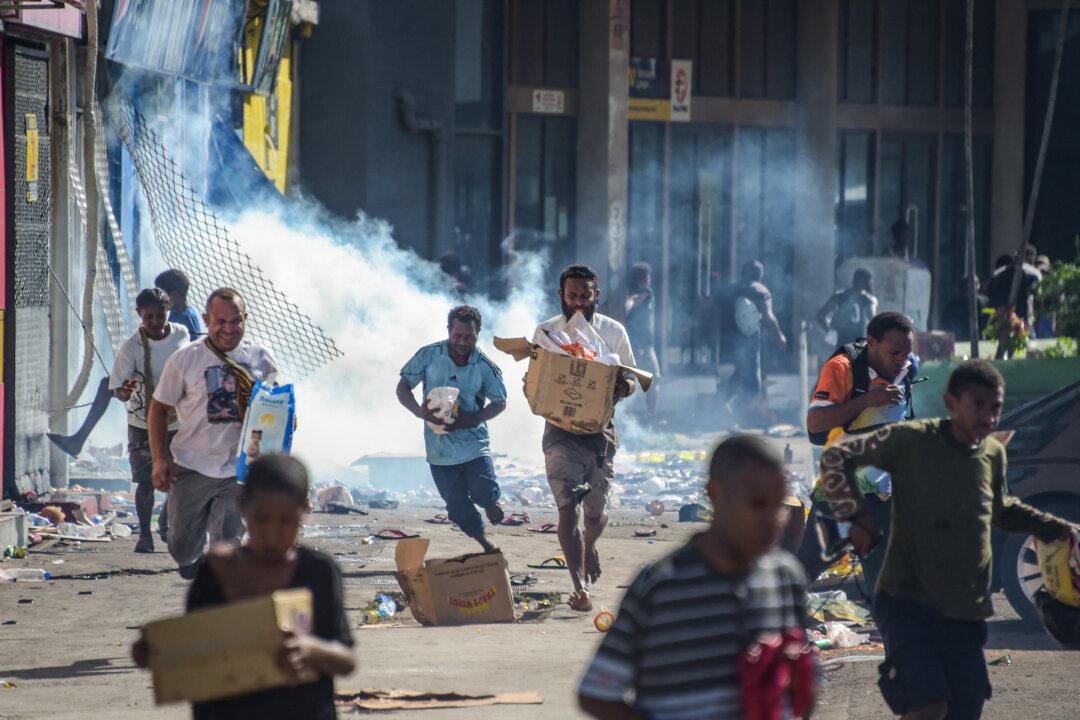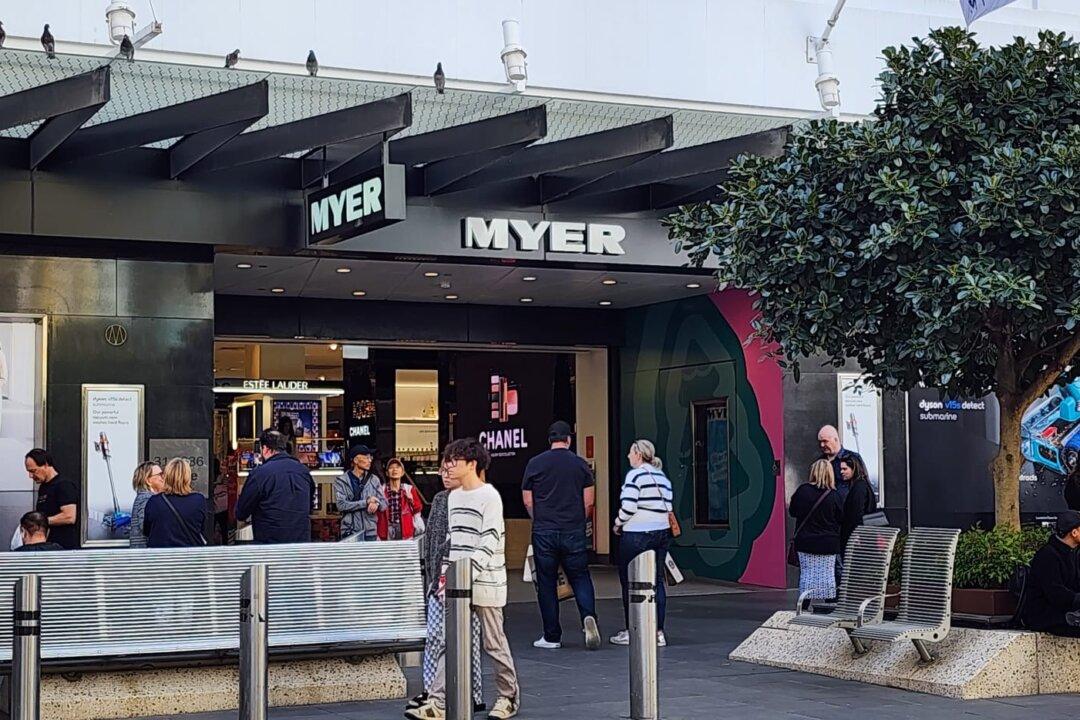Hundreds of victims of youth crime protested at Queensland Parliament on Aug. 23 to demand action from the government against the ongoing juvenile crime wave.
So concerned are the state’s citizens that a recent Freshwater Strategy Poll found it was the third-biggest issue to voters after cost of living and housing.




